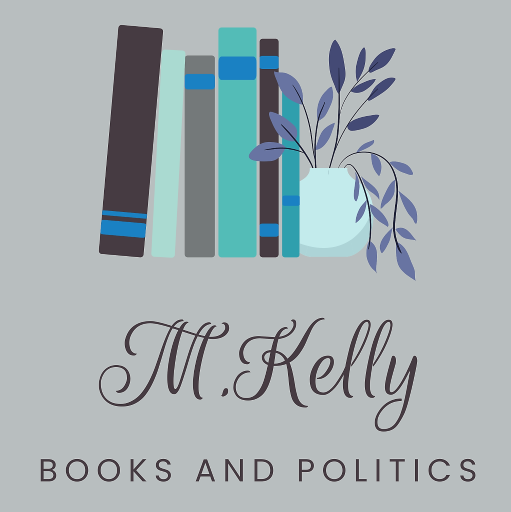W.A. has an undeniable position of being clear of COVID-19. But we still need to be careful. Not so long ago The Parvo virus in dogs was only in the eastern states. Now it is here.
About 30 years ago, Golden Staff or an antibiotic-resistant golden staph bacterium then flourished. Resistant strains of golden staph are known as multi-resistant S. aureus or (MRSA). was rigidly kept out of our state. People coming into the W.A. with open wounds were required to have a certificate saying they did not have MRSA. People with open injuries arising from other places were tested again and quarantined if necessary. Unfortunately, some doctors lied about the status of the patient.
When It started to appear whole hospital wards floors were cleared and deep cleaned with windows left open to make sure that these dangerous bacteria would not appear in W.A. hospitals. However, once established, it is hard to suppress. It is mainly the case in aged homes as we have seen in the Eastern States of Australia.
Therefore, we must be vigilant and keep our borders closed until a vaccine is found.

